It isn’t possible for any relationship, especially one person to meet and fulfill all your emotional needs. The moment you expect your partner to meet each and every one of your emotional needs, you are propelling the relationship towards disaster.
A popular myth about marriage is that if someone loves us fully, purely, and unconditionally, we shouldn’t need anyone else’s love and support. This mistaken notion has been the source of great suffering, disappointment, and disillusionment for many couples.
While marriage can be delightful, healing, challenging, and stimulating, it is sheer fantasy to believe that this relationship alone can fulfill us. We also need friends, satisfying work, healthy solitude, play, and other life experiences to fulfill the needs of our souls. Unrealistic expectations inevitably set us up for disappointment.
While there is only one word for “love” in the English language, there are over three hundred words describing different types of love in Pali, the language of ancient Buddhism. There are 76 in Persian.
How many kinds of love are there?
For starters, there is parental love, filial love, platonic love, the constant love of a friend, the love of beauty, the fiery love of a new romance, and the deep and enduring love of a longstanding marriage.
One person cannot possibly love us in all of the ways we need to be loved.
Relieving our partner and ourselves from the obligation to provide for the full range of our love needs brings a truer, stronger, and more sustaining quality of love into our relationship.
The many varieties of love fulfill many different needs within us. A need is anything that is essential to our health and well-being.
Some needs we can meet within ourselves, some can be met only in intimate relationships or committed partnerships, some through other relationships.
If we believe that we can or should be all things for our partner and vice versa, the relationship is probably headed for disaster. That’s an impossible burden that no single individual can fulfill, and the expectation itself sets us up for disappointment and failure.
Related: 8 Essential Things Every Strong Woman Needs In A Relationship
This expectation may be a thin disguise for the desire to possess and control the other person, a manipulative strategy that stems from a feeling of insecurity or unworthiness within us. As we become more affirming of our own essential worth and lovability, we no longer need to limit the people with whom we share our love.
The more secure we feel within ourselves, the abler we are to grant our partner the room they need to include other loving relationships into their lives.
Offering this generosity of spirit and the underlying trust that it demonstrates is likely to make us more attractive to our partners and make them appreciate us more. This gratitude recycles back to them, as we appreciate their appreciation and feel affirmed as worthy and loving beings.
Thus we complete a self-affirming, positive cycle that replaces the vicious cycle of mistrust that may have previously been operating.
Although such transformations may seem unlikely, we are living proof that they are possible and without question worth the time and effort they require.
We’re giving away 3 e-books absolutely free of charge. The Ten Biggest Things We’ve Learned Since We Got Married, Your Guide to Great Sex, and An End to Arguing. To receive them just click here.
Written by Linda and Charlie Bloom Originally appeared in Psychology Today

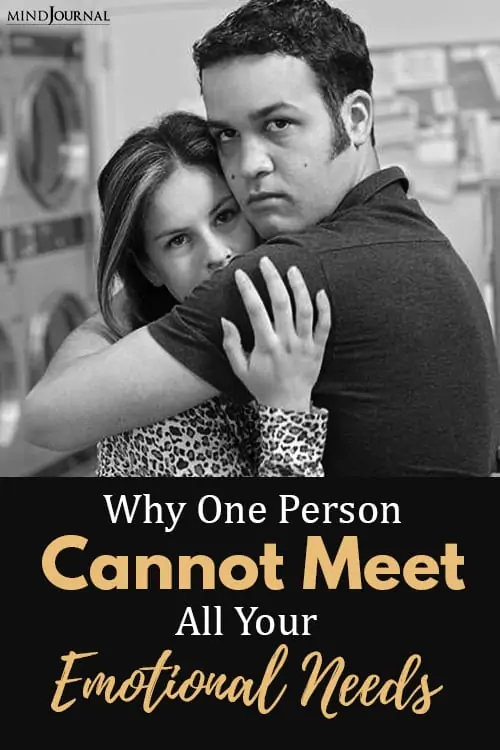
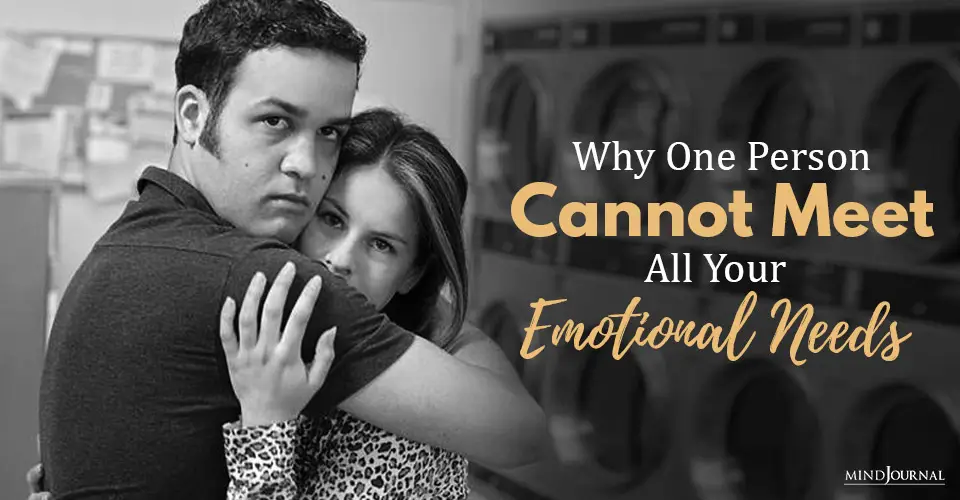
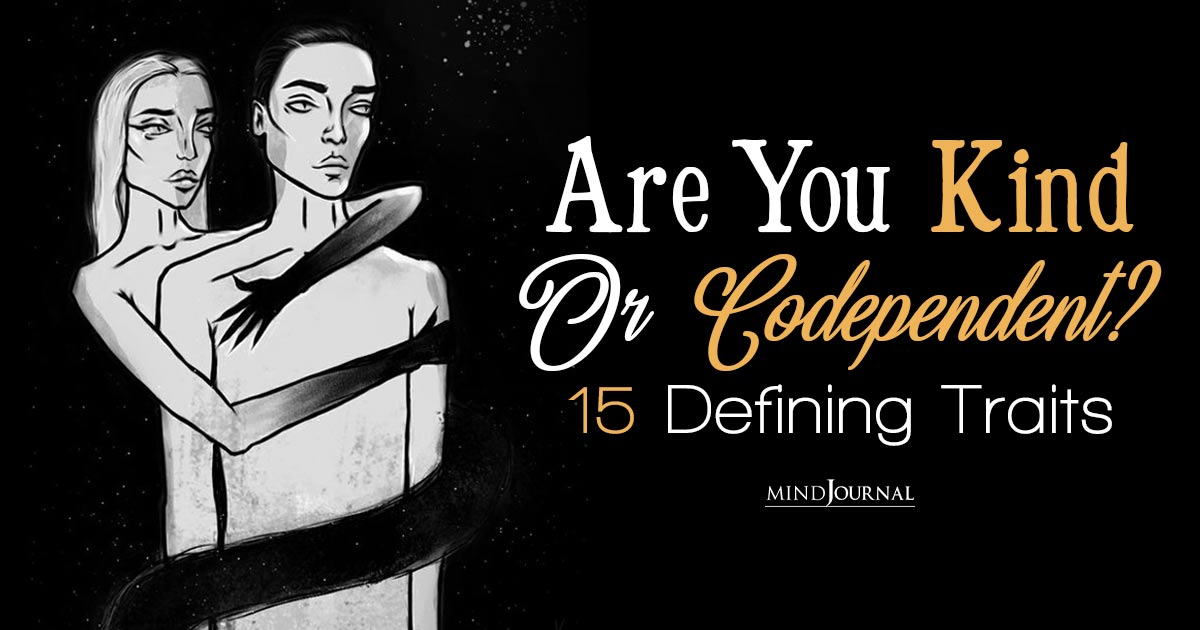
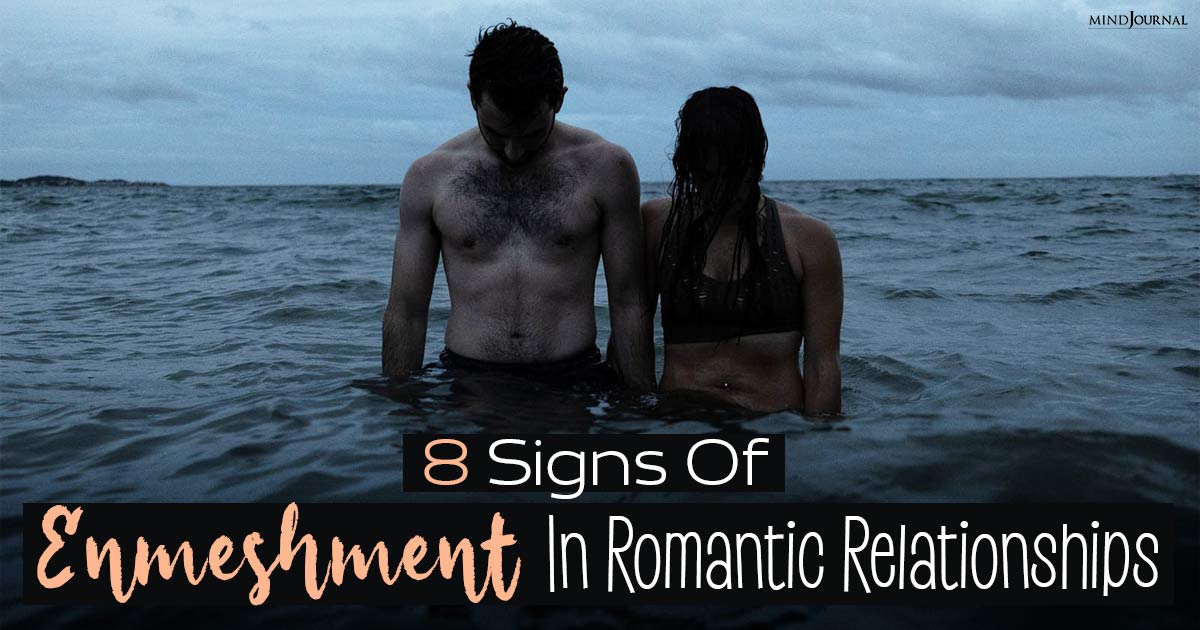
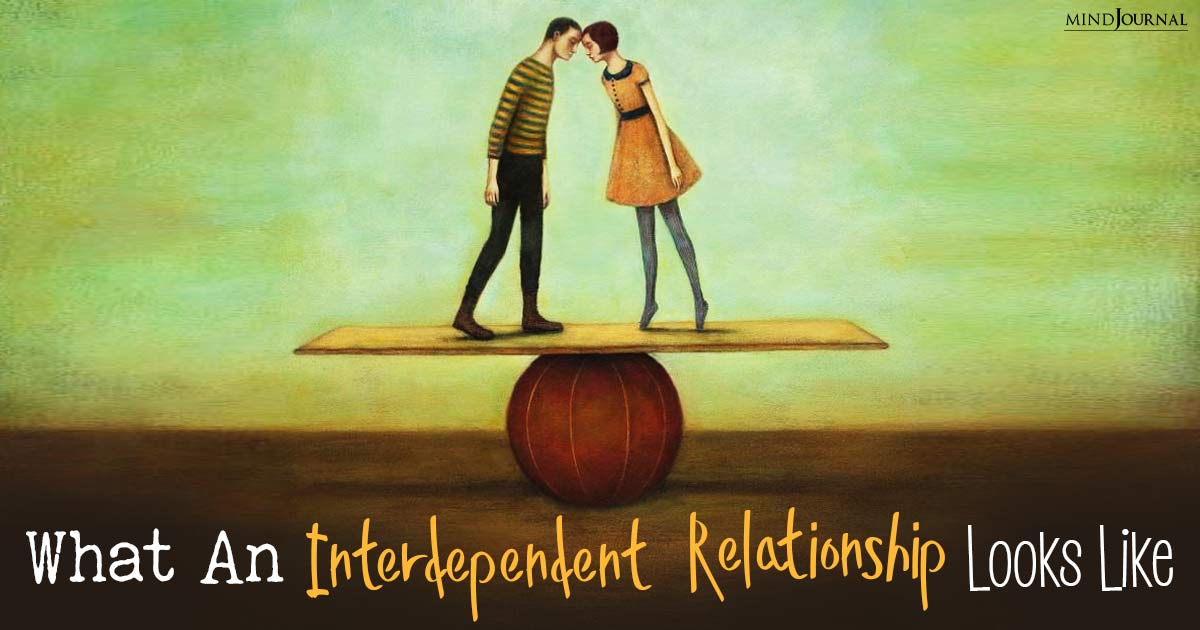
Leave a Reply
You must be logged in to post a comment.